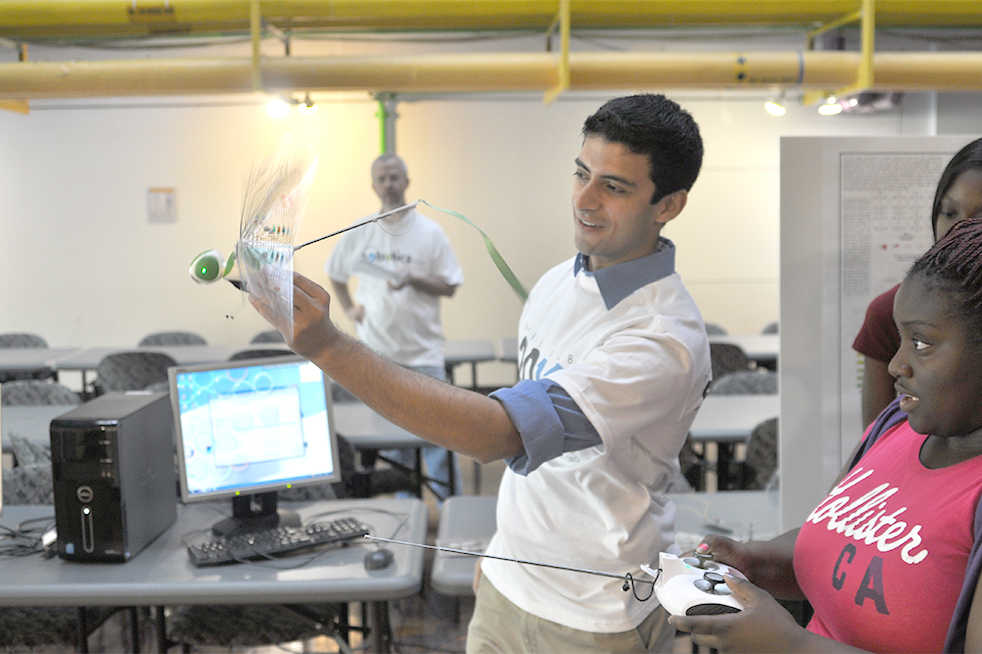There are plenty of opportunities to get involved and get experience related to your major. However, one that often eludes students is the daunting idea of undergraduate research.
“Why should I want to get research?” “How do I get research?” “What will I do for research?”
Though it may seem overwhelming, all of these questions are easy en ough to answer.
Undergraduate research can be taken for course credit or for pay. Not only does it make for a good addition to a resume, but also it provides an opportunity for you to gain skills in or out of your field and figure out how you like research as a possible career path or as part of graduate studies.
Don’t worry if you’re a freshman looking to get involved in research — sometimes faculty members may desire to have someone with more coursework experience, but if you have the drive and interest in a specific field of research, you may be able to snag a position.
An important but underemphasized aspect of looking for research is timing. Start looking at prospective research positions at least half a semester before you apply. Research permits are granted at about the same time as class registration, so if you’re serious about doing research at some point during your college career and have a vague idea of what you want to do, it’s best to start as early as you can.
Unlike the straightforward process of registering for courses, finding research is a bit more open-ended. From coming across research positions via department-wide emails to looking for research on major-specific websites, the options for acquiring a research position are much more varied.
“I got an email about the position through a department-wide email blast and sent the grad student who is coordinating the program my resume and a little paragraph about why I wanted to do it,” said Juwon Drake, fourth-year CE. “We had a group interview and training session where I asked a lot of questions I had prepared after looking into research and seeing what had been accomplished so far.”
A more traditional route is to look for specific projects in your major. Nayana Yeshlur, a third-year BME in her fourth semester of research at Sulchek BioMEMs and Biomechanics Lab, offers her advice on finding research: “Look up research programs, like PURA, and show the professor that you are interested in their work by asking to meet them. Ask to be connected to graduate students needing assistants.”
Select a handful of research projects that you find interesting and email those professors. Some professors will have details on their webpage for how to contact them if you’re interested in undergraduate research. You might want to attach a resume or what courses you’re currently taking in your major.
It’s a good idea to mention when you’re looking to start and twhy you find their research interesting. Skim one of their published papers, comment on it, and ask questions. Not only will doing your research and asking questions show the professor that you’re genuinely interested in their work, but it will also allow you to figure out whether you’re genuinely willing to invest time in that area of research.
Don’t get discouraged if at first you don’t have any luck. Some professors might not reply for up to two weeks. A follow-up email at that time can show your dedication to their project. Go to their office when they are free.
Undergraduate research is not unattainable, it just takes time and some trial and error.
